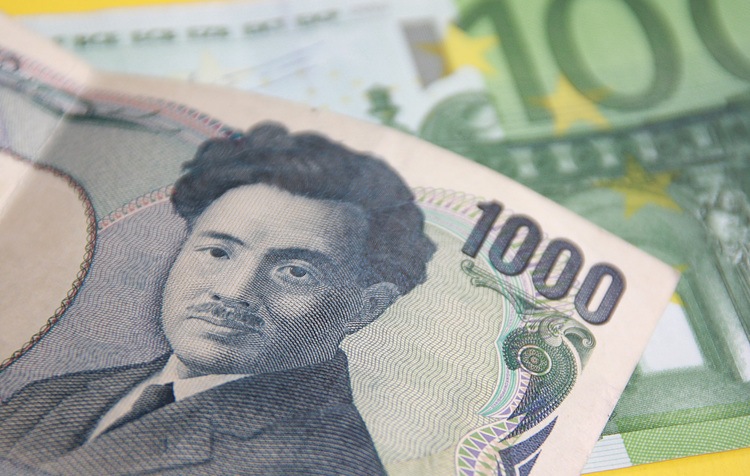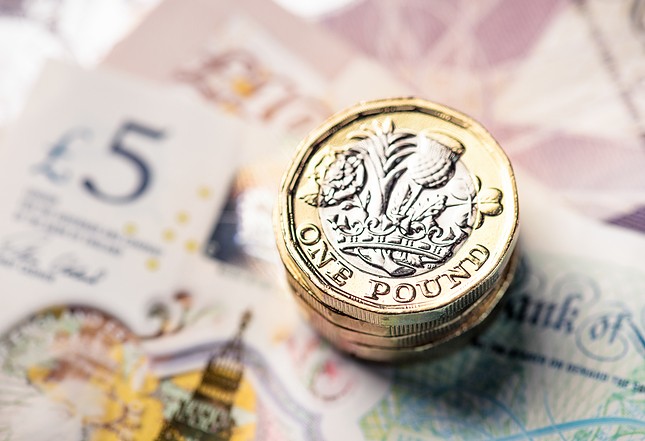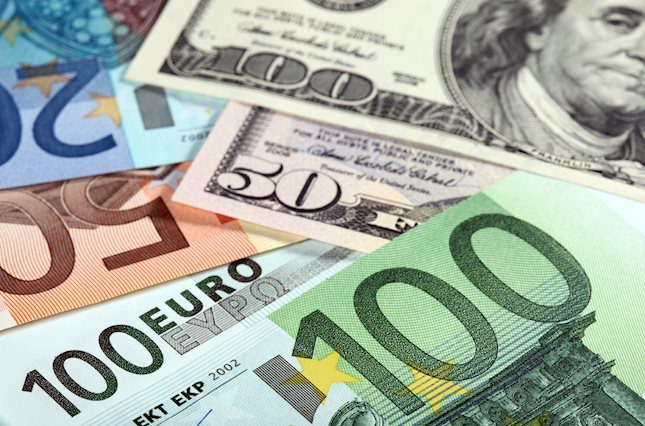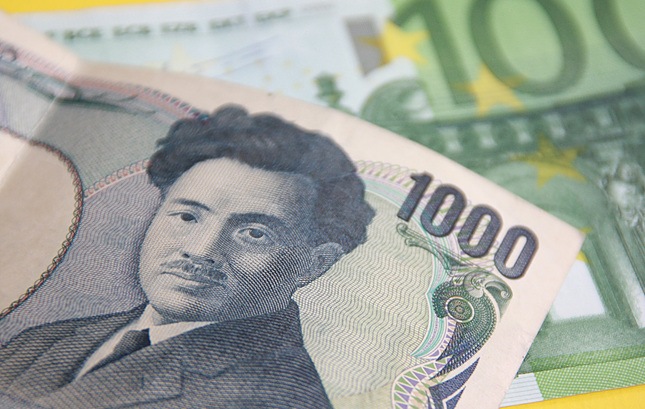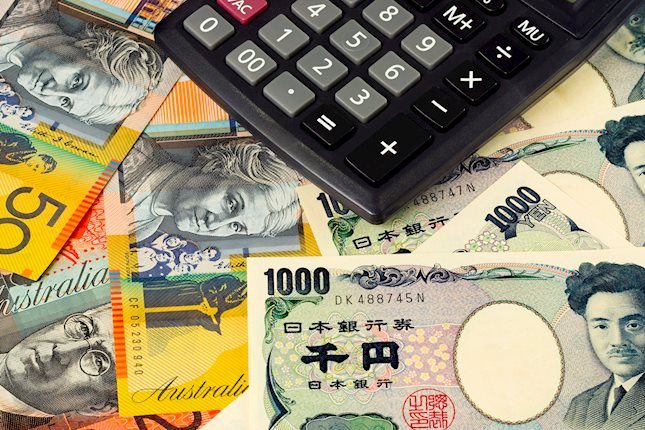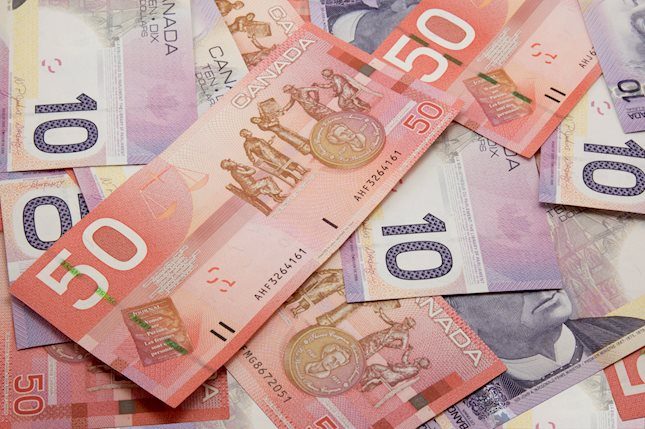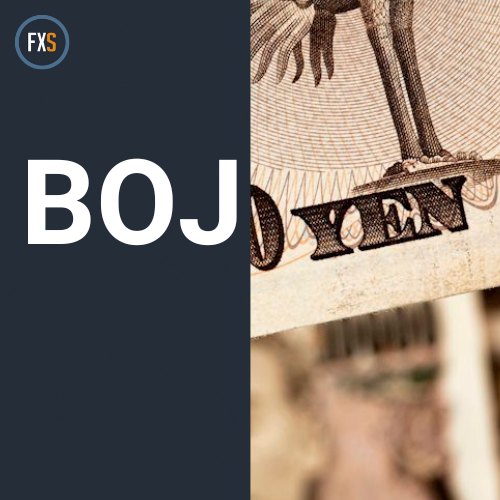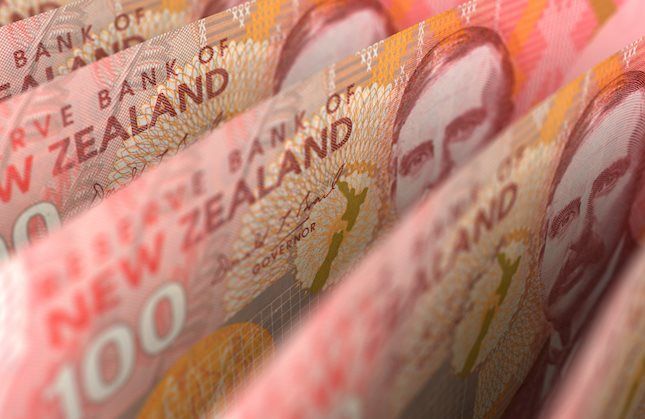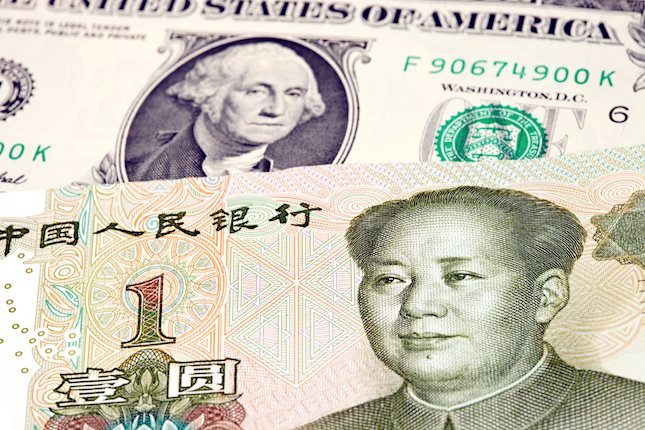EUR/JPY plunges below 166.00 as the BoJ leaves rates unchanged
- EUR/JPY drops to around 165.85 in Thursday’s Asian session.
- The BoJ decided to leave policy settings unchanged at its October meeting on Thursday.
- The Eurozone economy grew 0.4% QoQ in Q3, stronger than expected
The EUR/JPY cross attracts some sellers to near 165.85 during the Asian session on Thursday. The Bank of Japan (BoJ) decided to keep its policy rate unchanged, as widely expected.
The Bank of Japan (BOJ) decided to keep the short-term interest rates target unchanged at 0.25% on Thursday and reiterated its forecast that inflation will persist near the 2% target. The upside for the Japanese Yen might be limited amid the uncertainty about Japan's fiscal and monetary policy outlook. "Any strengthening of the yen at present would likely result from a general weakening of the U.S. dollar if interest rates begin to align," noted Sean Teo, a sales trader at Saxo.
Market players will shift their attention to the press conference by BoJ Governor Kazuo Ueda, which might offer some hints about the interest rate path in Japan. Meanwhile, the cautious mood ahead of the US presidential election next week could boost the safe-haven flows, benefiting the JPY.
On the Euro (EUR) front, the encouraging Eurozone flash Gross Domestic Product (GDP) for the third quarter (Q3) might help limit the EUR’s losses. Data released by Eurostat on Thursday showed that the Eurozone economy grew 0.4% QoQ in Q3, stronger than the 0.2% expected. On an annual basis, the Eurozone GDP expands by 0.9% in Q3, above the market consensus of 0.8%.
Bank of Japan FAQs
The Bank of Japan (BoJ) is the Japanese central bank, which sets monetary policy in the country. Its mandate is to issue banknotes and carry out currency and monetary control to ensure price stability, which means an inflation target of around 2%.
The Bank of Japan embarked in an ultra-loose monetary policy in 2013 in order to stimulate the economy and fuel inflation amid a low-inflationary environment. The bank’s policy is based on Quantitative and Qualitative Easing (QQE), or printing notes to buy assets such as government or corporate bonds to provide liquidity. In 2016, the bank doubled down on its strategy and further loosened policy by first introducing negative interest rates and then directly controlling the yield of its 10-year government bonds. In March 2024, the BoJ lifted interest rates, effectively retreating from the ultra-loose monetary policy stance.
The Bank’s massive stimulus caused the Yen to depreciate against its main currency peers. This process exacerbated in 2022 and 2023 due to an increasing policy divergence between the Bank of Japan and other main central banks, which opted to increase interest rates sharply to fight decades-high levels of inflation. The BoJ’s policy led to a widening differential with other currencies, dragging down the value of the Yen. This trend partly reversed in 2024, when the BoJ decided to abandon its ultra-loose policy stance.
A weaker Yen and the spike in global energy prices led to an increase in Japanese inflation, which exceeded the BoJ’s 2% target. The prospect of rising salaries in the country – a key element fuelling inflation – also contributed to the move.
Forex News
Keep up with the financial markets, know what's happening and what is affecting the markets with our latest market updates. Analyze market movers, trends and build your trading strategies accordingly.
